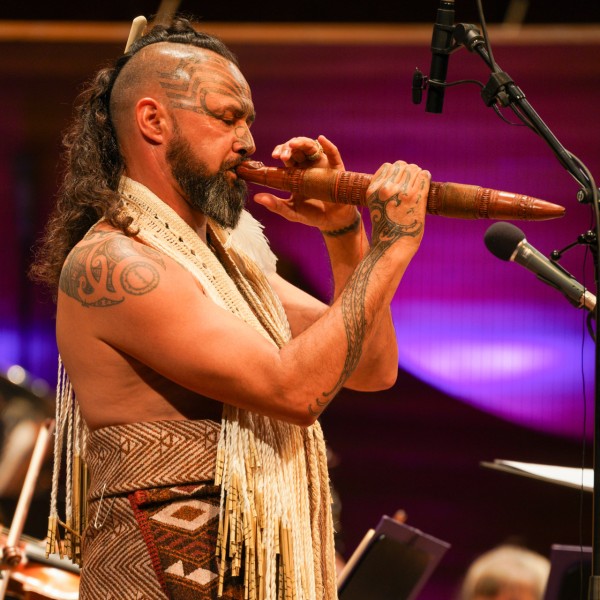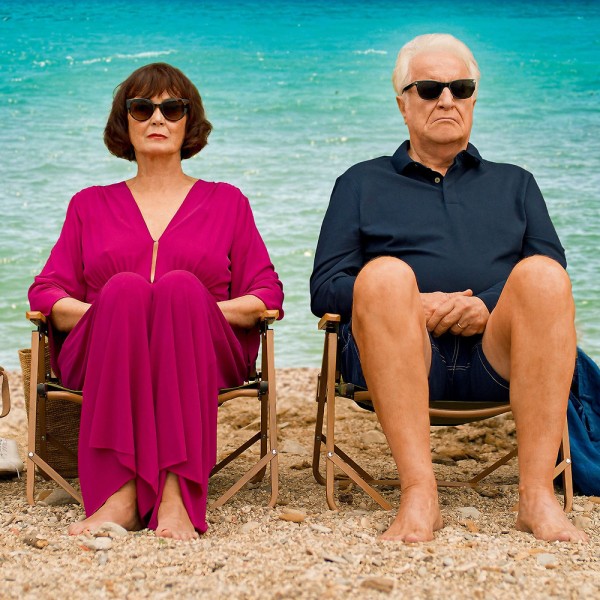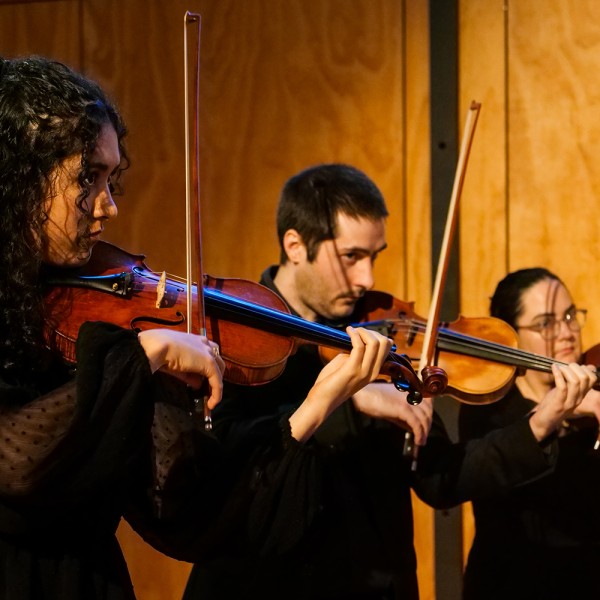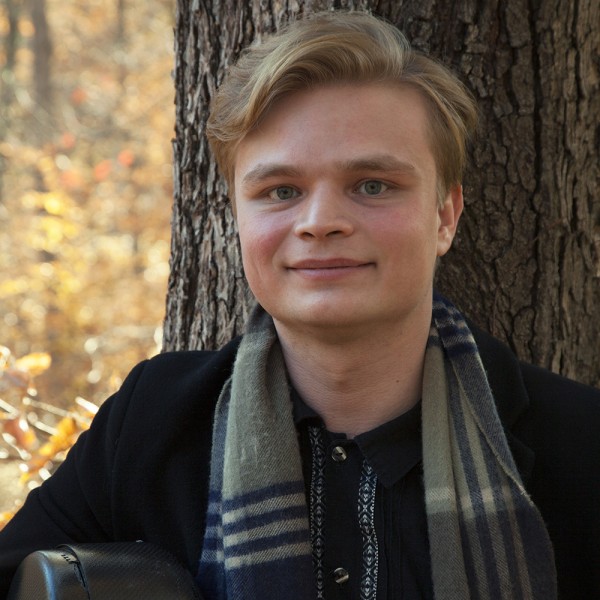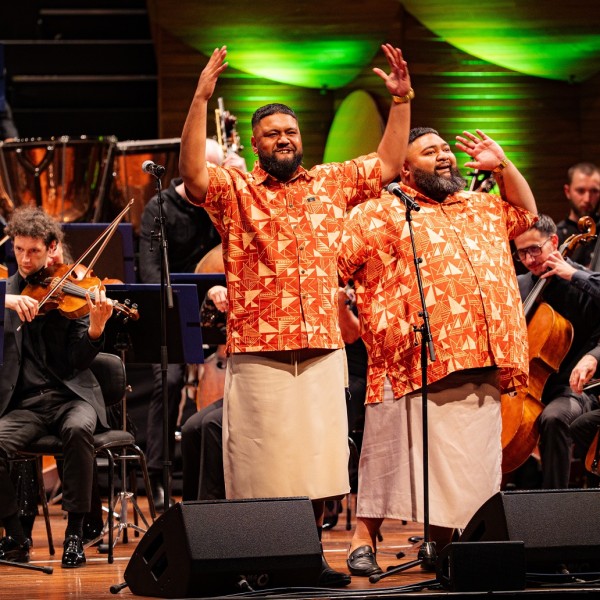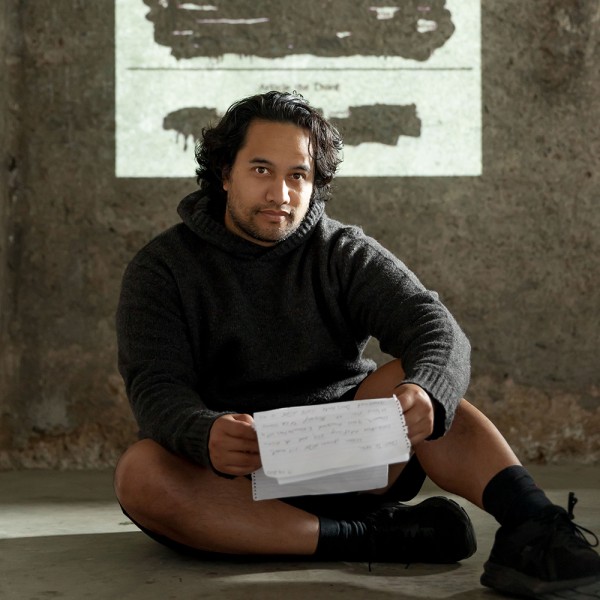
ration the Queen’s veges
Written by: Tainui Tukiwaho and Te Wehi Ratana
Directed by: Tainui Tukiwaho
Circa Theatre, 16th Aug 2025
Reviewed by: Tanya Piejus
In December 2023, the activist group Te Waka Hourua caused a nationwide furore when they abseiled into Te Papa and painted over the three articles of the English Treaty of Waitangi Exhibition to read: “No. Her Majesty the Queen of England the alien. ration the Queen’s veges.” This ‘redaction action’ provoked strong opinions across Aotearoa with some singing their praises and others calling for retribution. While all the artists were charged, only one – Te Wehi Ratana – got jail time. He spent 48 hours in Rimutaka Prison, about which most of this out-there and poignantly funny play is concerned. In the most unlikely of circumstances, Ratana’s hard-core cellmate Brian and 180 nicotine lozenges inspired a movement for change.
Playing Ratana, Brian, and an unnamed actor tasked with bringing this (mostly) true story to life is Ngahiriwa Rauhina. Full of energy, talent, and passion for this overtly self-aware tale, he commands the audience’s attention. Deftly switching between characters, he bounces around the cleverly designed stage (Nicole Marsh) in his orange prison jumpsuit and cool Michael Jackson Toitū Te Tiriti T-shirt (costume design also Nicole Marsh) delivering quick-fire dialogue and frequent direct address without pause.
Supporting Rauhina is the chameleonic voice of Roy Iro as the intimidating but ultimately soft-hearted prisoner Junior, plus a host of other characters. Excellently creative and well-timed projection (designer Jane Hakaraia, operator Marshall Rankin) and an entertaining soundtrack (Connor Magatogia) also provide context and visual comedy for Rauhina to perform with. Ironic props (Nicole Marsh again) of road cones, a tino rangatiratanga flag, and a guitar add to the assumption-defying nature of this production.
ration the Queen’s veges is as audacious a piece of Māori theatre as the original act of frustrated protest that inspired it. As Rauhina declares: “Do the mahi, get the treats” – make the effort to see this show and you’ll be justly rewarded with a unique piece of theatricality about a singularly Aotearoa display of defiance.





